Art
Art
Why Choose Art?
The A Level Art course will be both challenging and exciting. It affords students the chance to increase visual awareness and improve knowledge of art through expression, analysis and experimentation. The course aims to explore and develop individual interests and there is great emphasis on personal investigation.
What are the aims of the course?
The course provides the opportunity to explore a range of two and three-dimensional approaches and to work in a range of media: painting, drawing, textiles, printmaking, sculpture and life drawing.
There will be two double lessons, based on the practical aspects and a single, which will be focussed on the theoretical aspect of the students enquiry. The open studio allows for the essential part in the pupils development.
What study skills do you need?
If you have a determination to explore creative opportunities coupled with diligent work habits this is the course for you.
In addition to developing creative skills, you will learn to manage projects, organise your time and acquire and refine art skills both traditional, drawing with a stick and hands, to contemporary, installation pieces and digital manipulation. Resulting in the production of a personalise Summer Art Show selected from your project outcomes. You will be well equipped to study Fine Art, Architecture or other Design based degree courses at art school or University.
GCSE requirements
Grade 7 or above in Art GCSE.
Course Content
Fine Art A Level is offered in conjunction with AS Fine Art in Y12. This allows pupils who wish to study art as a 4th A level to gain a qualification after one year of study. Our current exam board is OCR.
- AS Foundation studies - A short practical art tasks underpinned by art Theory and critical studies
- AS Foundation critical studies - A short research-based tasks e.g. work in response to a gallery visit to enrich and inform the practical artwork
- AS Extend project 1: Exploration of a theme, e.g. ‘The art of the journey’
- A Level Extended project 2: This project is devised with the student and starts in Y12, will become a Y13 personal investigation, comprising practical work and a written essay or investigation.
AS - Component 01: Personal investigation (portfolio) 1005
Pupils produce a portfolio of practical work showing their personal response to a set starting point, brief, scenario or stimulus. The portfolio may be presented in appropriate formats for the specification, including sketchbooks, digital presentations, mounted sheets, maquettes, or illustrated written work. The portfolio must provide evidence that the student has met all four assessment objectives.
A level Component 01: Personal investigation 60%
- Non-exam assessment (internally assessed and externally moderated). Students should produce a portfolio of practical work in response to a brief, scenario or stimulus provided by the student or centre, and a related written study of at least 1000 words.
There are two distinct elements:
- A practical portfolio with supporting contextual research in response to a set theme. The portfolio may be presented in a format appropriate to the specialism and area of study chosen.
- A related study using words and illustrations demonstrating the context in which their portfolio exists, exploring the relevant genre, subject matter, movement or historical framework of the selected theme.
A level Component 02: Externally set task 40%.
Pupils can choose a starting point from any of the seven given themes for which they will generate an appropriate personal response for assessment. They will carry out preparatory work to research, plan and develop their ideas, before engaging in 15 hours of supervised time to complete their work.
15 hours non-exam assessment (internally assessed and externally moderated). Students produce a response to one of a number of provided themes, each of which will have a range of written and visual starting points, briefs and stimuli.
The specification at a glance: - AS and A Level - Art and Design - H200, H600 (from 2015) - OCR
Higher education and career opportunities
Studying Art A level provides a wealth of opportunities for future career prospects. You will have developed your independent thinking, learnt to express yourself and let your imagination and creativity flourish.
Further education opportunities:
Textile/ fashion design, 3D/product design, Photography, Graphic Communication, Architecture, Interior Design or Fine Art.
Possible career opportunities:
Animator, Architect, Art therapy, Art restoration, Fashion design, Film/video maker, Fine artist, Furniture designer, Illustrator, Jeweller, Museum/gallery conservator, Product Design, Theatre design.
Related activities
- In-school exhibitions
- A level study space available for use during and after school
- Life class sessions
- Workshops and tutorials with practising artists
- Trips to London Galleries / museums


